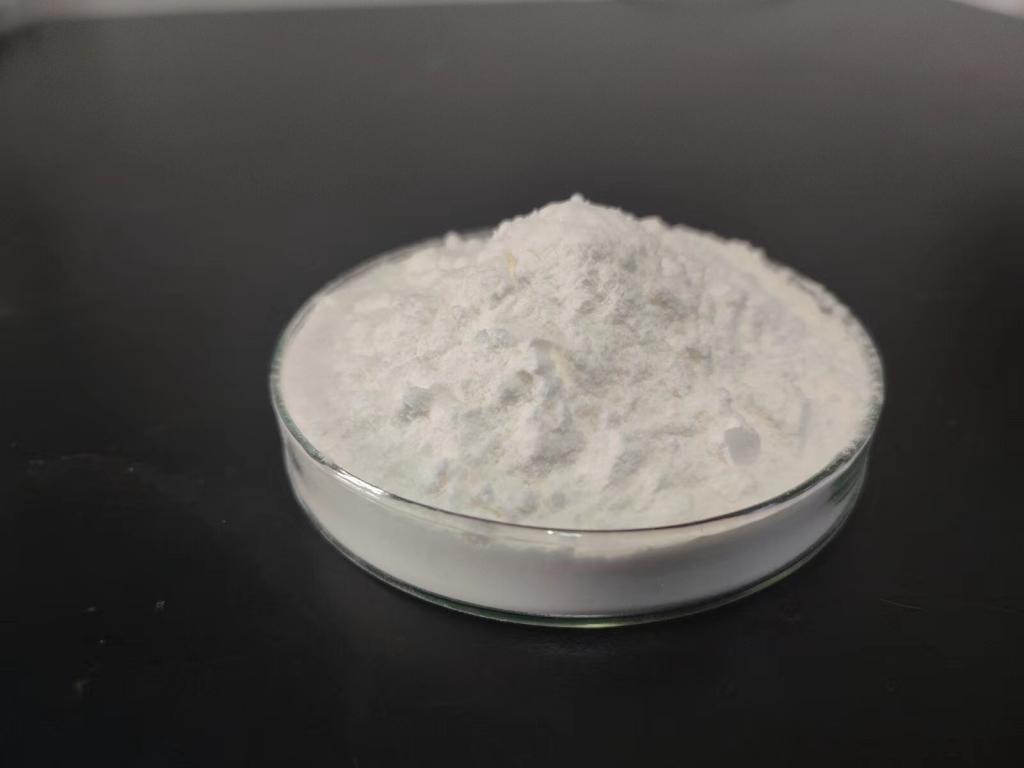Tel:+8618231198596

News
 CONTACT
CONTACT
 CONTACT
CONTACT
- Linkman:Linda Yao
- Tel: +8618231198596
- Email:linda.yao@dcpharma.cn
- Linkman:CHARLES.WANG
- Department:Overseas
- Tel: 0086 0311-85537378 0086 0311-85539701
News
ε-Polylysine hydrochloride as a natural preservative in bakery and confectionery items.
TIME:2023-08-10
Introduction:
Bakery and confectionery products are beloved staples of the global food industry. However, maintaining the freshness, shelf life, and safety of these items presents challenges, often requiring the use of synthetic preservatives. The increasing demand for natural and minimally processed ingredients has prompted research into alternative preservation methods. ε-Polylysine hydrochloride offers a natural and effective solution that aligns with consumer preferences.
The Role of ε-Polylysine Hydrochloride as a Preservative:
ε-Polylysine hydrochloride is a cationic polypeptide produced through bacterial fermentation. Its antimicrobial properties stem from its ability to disrupt microbial cell membranes, inhibiting the growth of pathogenic and spoilage microorganisms. This mechanism of action makes ε-Polylysine hydrochloride a promising candidate for preserving the quality and safety of bakery and confectionery products.
Application in Bakery and Confectionery Items:
ε-Polylysine hydrochloride can be applied to a wide range of bakery and confectionery products, including bread, cakes, pastries, cookies, chocolates, and candies. Its incorporation can occur at various stages, such as dough preparation, filling, coating, or packaging. The controlled use of ε-Polylysine hydrochloride offers an opportunity to extend shelf life, maintain freshness, and ensure microbial safety.
Benefits of ε-Polylysine Hydrochloride in Bakery and Confectionery:
Extended Shelf Life: By inhibiting microbial growth, ε-Polylysine hydrochloride extends the shelf life of bakery and confectionery items, reducing food waste and enhancing consumer satisfaction.
Microbial Safety: ε-Polylysine hydrochloride's antimicrobial properties prevent the proliferation of pathogens and spoilage microorganisms, minimizing the risk of foodborne illnesses.
Clean Label Appeal: The natural origin of ε-Polylysine hydrochloride meets consumer preferences for clean label products, enhancing the marketability of bakery and confectionery items.
Texture and Quality Preservation: The ability of ε-Polylysine hydrochloride to inhibit spoilage microorganisms helps preserve the texture, flavor, and overall quality of baked and confectionery goods.
Challenges and Considerations:
Dosage Optimization: Determining the optimal dosage of ε-Polylysine hydrochloride to achieve preservation goals without adversely affecting product attributes requires careful formulation.
Sensory Impact: The interaction of ε-Polylysine hydrochloride with product components may influence sensory attributes, such as texture, flavor, and appearance.
Regulatory Compliance: Adhering to regulatory guidelines and maximum usage levels for ε-Polylysine hydrochloride is essential to ensure its safe and legal application.
Implications for the Bakery and Confectionery Industry:
The utilization of ε-Polylysine hydrochloride as a natural preservative in bakery and confectionery items holds several implications for the industry:
Sustainable Preservation: Integrating ε-Polylysine hydrochloride aligns with the industry's shift towards sustainable practices, reducing the reliance on synthetic preservatives.
Innovation and Differentiation: Incorporating ε-Polylysine hydrochloride showcases a commitment to innovation, allowing manufacturers to differentiate their products in a competitive market.
Consumer Confidence: The use of a natural preservative reinforces consumer confidence in the safety, quality, and transparency of bakery and confectionery items.
Future Prospects and Conclusion:
The application of ε-Polylysine hydrochloride as a natural preservative in bakery and confectionery items offers a holistic approach to meeting consumer demands for safe, high-quality, and minimally processed products. Future research should focus on optimizing dosage, sensory attributes, and regulatory compliance, ensuring a seamless integration of ε-Polylysine hydrochloride into diverse bakery and confectionery formulations. As the industry continues to evolve, ε-Polylysine hydrochloride stands as a versatile tool that combines preservation efficacy with consumer-friendly attributes, contributing to the future of sustainable and safe bakery and confectionery production.
- Tel:+8618231198596
- Whatsapp:18231198596
- Chat With Skype







